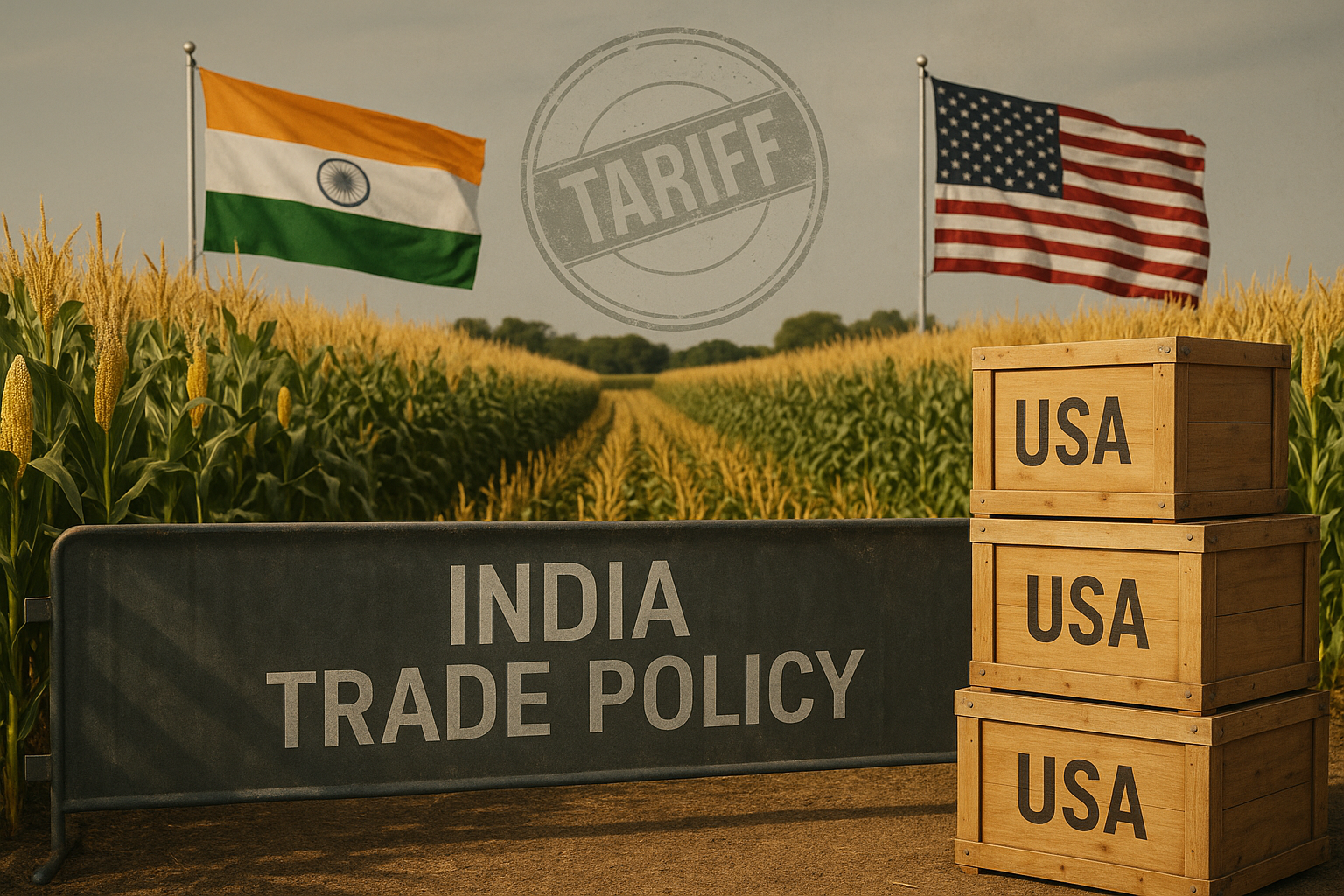U.S. market veteran Howard Lutnick has sharply criticized India for failing to import American corn despite being the world’s most populous nation with 1.4 billion people. Speaking at a recent global trade forum, Lutnick argued that India’s reluctance to buy even “one bushel” of U.S. corn reflects structural barriers in agricultural trade and adds to tensions already aggravated by Washington’s steep tariff hikes on Indian exports.
The comments spotlight broader frictions in the India-U.S. trade relationship, where protectionist policies, food security priorities, and tariff disputes continue to collide.
Core Development
Lutnick’s remarks emphasized that:
U.S. Corn Exports Blocked: India remains absent as a buyer of American corn despite its large population.
Protectionist Signals: India’s import restrictions prioritize local farmers and food security over global sourcing.
Trade Imbalance: The criticism comes amid the U.S. decision to impose 50% tariffs on Indian goods, raising questions on reciprocity in trade flows.
This rhetoric underscores the political undertones of agricultural trade, long a sensitive issue between India and the U.S.
Why India Resists U.S. Corn Imports
Food Security Concerns: Protection of domestic agriculture remains a priority.
GM Crop Sensitivities: India maintains restrictions on genetically modified corn imports.
Policy Preference: Focus on self-sufficiency aligns with India’s Atmanirbhar Bharat framework.
Stakeholder Impact
Indian Farmers: Benefit from continued protection against cheaper U.S. imports.
U.S. Exporters: Frustrated by barriers to accessing one of the world’s largest consumer markets.
Government: Balances trade diplomacy with domestic political imperatives.
Industry & Policy Reactions
Analysts note that Lutnick’s comments highlight the depth of agricultural trade disputes between the two countries. Experts suggest that unless agricultural issues are addressed in bilateral talks, the broader trade relationship could remain strained despite opportunities in technology and services.
Challenges Ahead
Tariff Tensions: India faces higher export costs to the U.S. after Trump’s tariff hikes.
Agricultural Politics: Farm sector sensitivities could stall negotiations.
Global Image: Criticism from influential voices like Lutnick may pressure India in multilateral forums.
Strategic Outlook
Agricultural trade will remain a flashpoint in India-U.S. relations, with both sides needing to find middle ground. While the U.S. demands market access, India will continue to prioritize food security and farmer protection, making resolution complex.
Why This Matters
The episode underscores how even symbolic issues like corn imports can have outsized implications for trade diplomacy. India’s choices will shape not only bilateral relations with the U.S. but also its global image as a trading partner.












